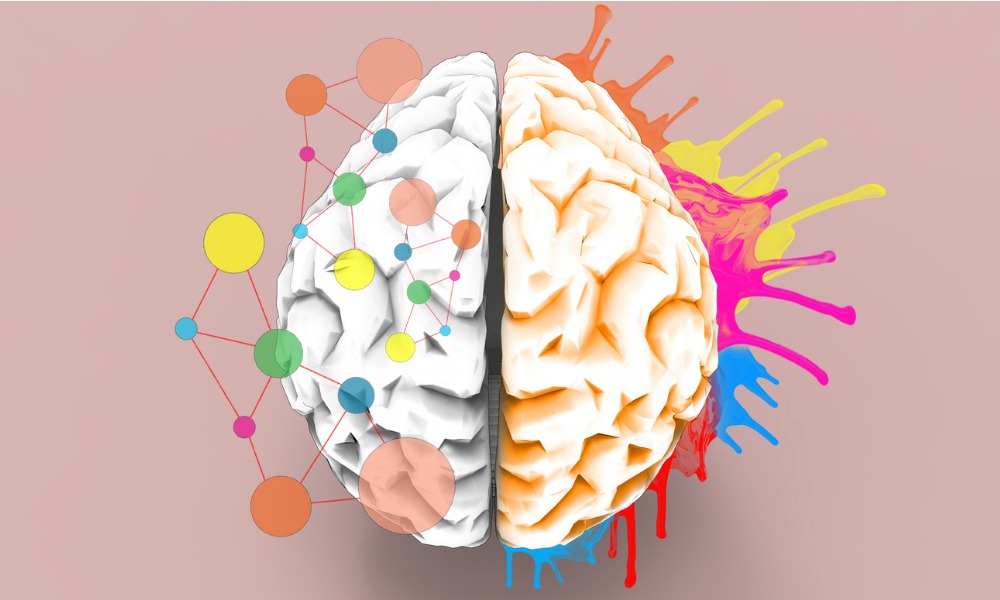
Expert discusses positive psychology and how the human brain works

“We cannot hope – as directors, as leaders, as executives – for uptime productivity, motivation, performance out of our people if we're not also advocating for downtime.”
So says Dr. Brynn Winegard, expert and commentator in applied neuroscience in an episode of HRDTV’s Thought Leaders series.
In that episode, Winegard talks about how HR professionals can benefit from knowing applied neuroscience principles, especially for improving productivity and well-being.
She debunks three myths about the human brain and shares three tips to employers on how they can bring out the best in their workers.
New data released by Statistics Canada (StatCan) has revealed the working habits of remote workers, and it offers valuable insight into how employers should be thinking about productivity and performance measures in today’s landscape, according to a previous report.
“While you don't want to give people necessarily a whole bunch of paid time off, you do want to encourage them – even in the work circumstance – to take more but shorter breaks,” she says.
That’s because the human brain works on an “ultradian rhythm”, which means it’s works on about 45 minutes of productive time followed by about 15 minutes of non-productive downtime called “a healing response,” explains Winegard.
“If what you do is encourage those 15 minutes to be taken properly as breaks… it pays dividends. Those people, in fact, are more productive, ultimately.”
She also discusses how positive psychology can complement neuroscience to help workers achieve their personal and professional goals.
“For people who are trying to create social circumstances in an office, it is very important that we ensure that social interactions are fruitful and positive, and don't have the opportunity to become full of friction,” she says.
He talks about how celebrating small successes can boost positivity among workers.
“We know that big achievements…, they activate reward networks. You get surges of dopamine and serotonin,” she says.
“Actually achievements, the big ones, that high doesn't last as long as you would like. In fact, it lasts almost as long as any accomplishment.”
Here are some tips for keeping performance high and people happy, according to Dayforce.
Catch the full HRDTV discussion with Winegard for free today right here.